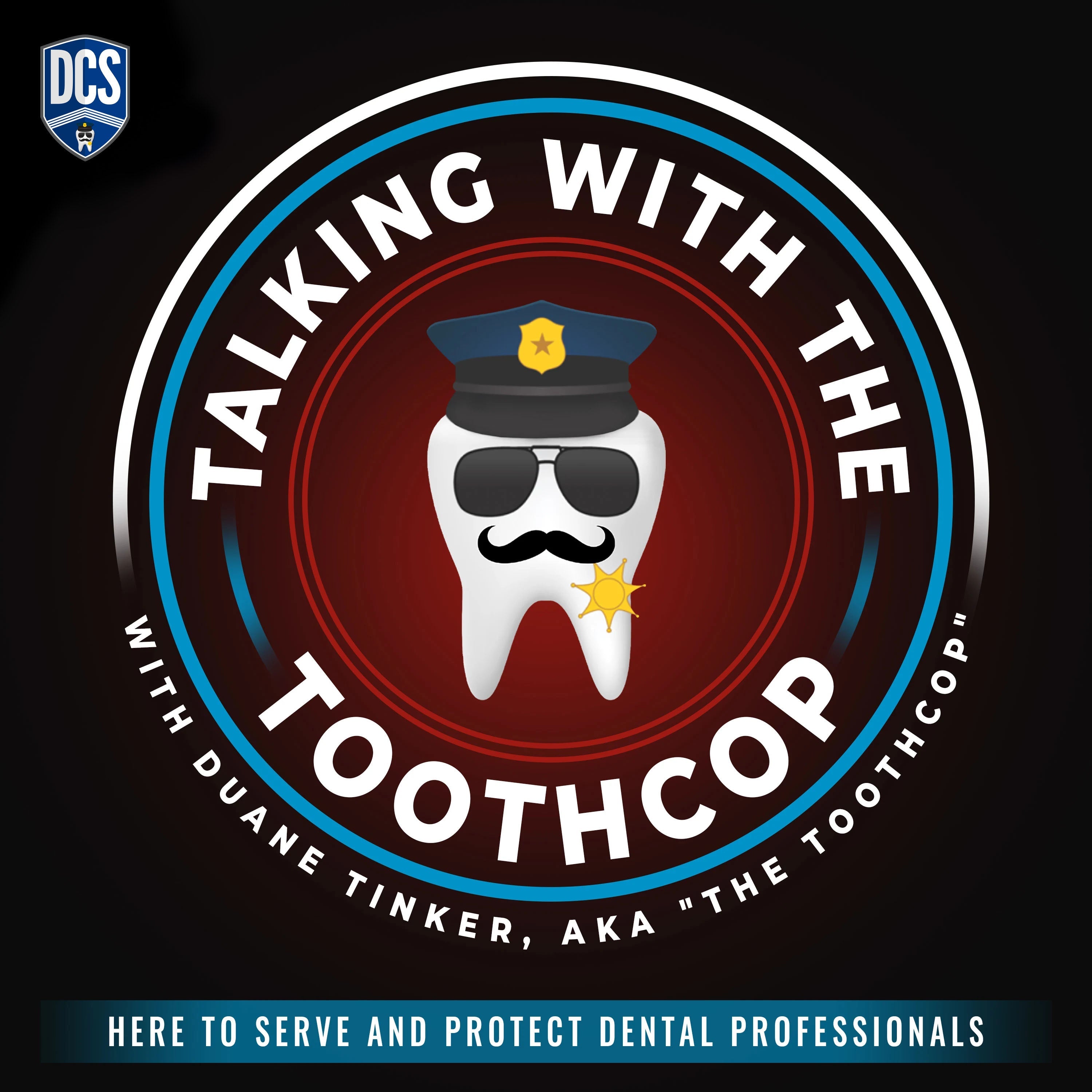Is your dental office using the best methods for securing patient information? When was the last time you reviewed your process and made an update? In this episode, Andrea and I jump into an important conversation about securing patient information, controlling designated agents, electronic record-keeping, and much more. If you are ready to up your game and make sure your office is ready for any dental compliance issue, have a pen and paper ready, you don’t want to miss a minute of this informative episode!
Using designated agents properly.
I get it, you want to delegate as many roles and responsibilities as possible in your dental office but how do you make sure you are following the right guidelines? Do you have a process in place when it comes to designated agents? There are a lot of different aspects of controlling your designated agents that you need to consider and it can vary from state to state. Listen to this episode as Andrea, and I discuss this critical topic and make sure to check out the link to the blog post I wrote about this topic - you can find it in the resources section at the end of this post.
Don’t cut corners when it comes to securing patient information.
One of your most important roles as a dental care provider is to ensure that patient information is kept safe and secure. Did you know that many dental offices have habits and common practices that put patient information at risk every day? It’s true! You can avoid that from happening in your office by taking a few simple steps.
- Make sure everyone who uses a computer has their own login credentials.
- Do not allow anyone in your office to use a computer without logging in with their credentials.
- When someone leaves the room, make sure they lock their computer!
These steps are by no means an exhaustive list of things you should do to secure patient information, but it can serve as a helpful starting place. To learn more about this critical topic, make sure to listen to this episode!
Paper or electronic record-keeping?
With the constant flow of updates and new regulations do you find it easier to stick with your old paper record-keeping system? Or do you find it easier to have all of your patient information digitized and available on a cloud? Currently, you don’t have to pick one way over the other! If you prefer the old-school method of paper records, that’s fine, but I do suggest moving to digital. To get a good grasp on this topic, join Andrea and me as we dig deep in this episode - you don’t want to miss it!
Know your plan and update it.
Too often I’ve seen dental office after dental office assume they had a rock-solid plan to secure patient information only to find that it was severely outdated. I don’t want you to be overwhelmed with fear about securing patient information, but I also don’t want you to be lulled into a state of complacency. Make sure you are familiar with your plan and have it on the calendar for review annually. You’ll never get in trouble for over-preparing and over planning! Learn more about securing your patient information and ensuring your office is in good shape by listening to this episode!
Outline of This Episode
- [0:22] I introduce this week’s topics, designated agents, securing patient information, electronic data records, and more.
- [3:30] Why you need to have controls in place when it comes to controlled substances.
- [7:00] Critical questions you should ask when it comes to the use of Designated Agents.
- [13:20] Make sure to use a Designated Agents authorization form.
- [17:30] Andrea and I talk about securing patient information.
- [23:50] Do you have to store your data electronically or are paper records still OK?
- [32:00] Make sure to have access to your data off-site.
- [34:00] Closing thoughts.
Resources & People Mentioned
Connect With Duane
- https://www.dentalcompliance.com/
- toothcop@dentalcompliance.com
- On Facebook
- On Twitter
- On LinkedIn


